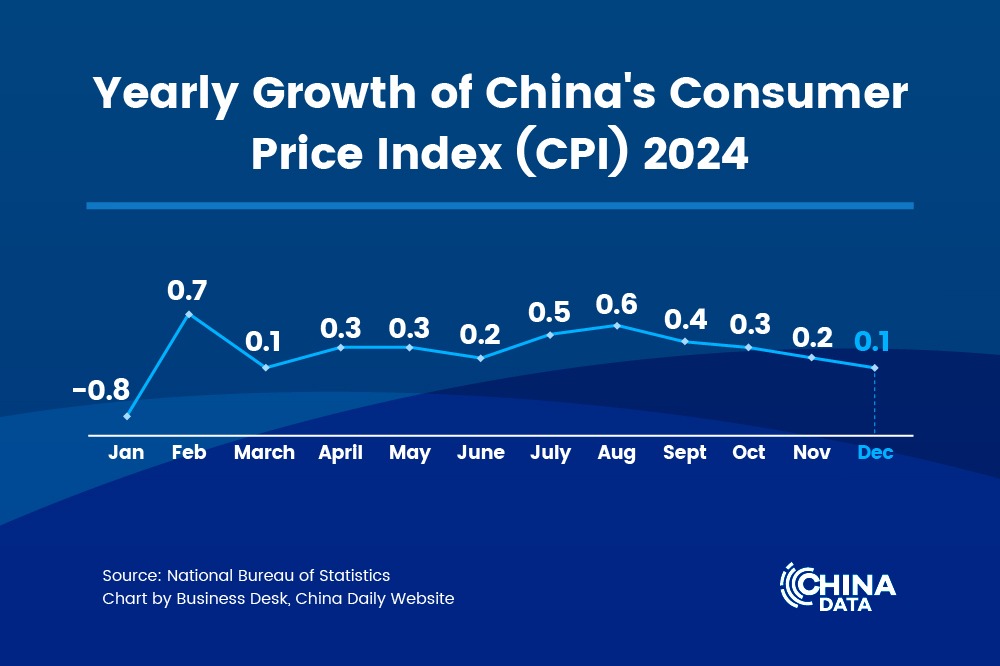Cometh the crisis, cometh the reform


The crisis has not derailed China's effort to accelerate the capital market reform. Preparations have been on for months for the launch of the IPO reform. The internal business process was in place and technical preparations were completed well in advance, said Wang Jianjun, chairman of the Shenzhen Stock Exchange.
It is expected ChiNext's IPO reform will help channel more funds into the country's capital-strained small and micro innovative companies and help enhance corporate capabilities in addressing the economic challenges posed by the COVID-19 epidemic.
On a broader scale, the reform is an example of the country's effort to deepen supply-side structural reform in the financial industry with the goal of improving the services of the overall financial sector in order to provide additional momentum to the country's economic growth.
"There is a stronger need for reform when there is a crisis. And the launch of the market-based IPO reform shows that China will continue to use reform to resolve its development problems," said Li Zhan, chief economist with Zhongshan Securities.
The ChiNext reform will further boost the market efficiency and the role of the capital market in serving the economy and it will also improve the financing system of the market and help lower the economy's leverage ratio, Li said.
Under the new listing system, companies seeking to float shares on the ChiNext board will no longer need approval from the securities regulator. Instead, the stock exchange will review companies' IPO applications based on information disclosure rules and the market will have greater say in the pricing and timing of the new share listings.
The reform will further streamline the listing requirement for companies on ChiNext and pave the way for loss-making firms to float shares in the market.
Dong Dengxin, director of the Finance and Securities Institute at the Wuhan University of Science and Technology, said that the reform will make ChiNext more friendly to IPOs of innovative firms, especially those of small and medium size.
"This will be critical for the real economy as many smaller companies face difficulty in getting finance due to the fallout of the COVID-19 outbreak," he said.






































